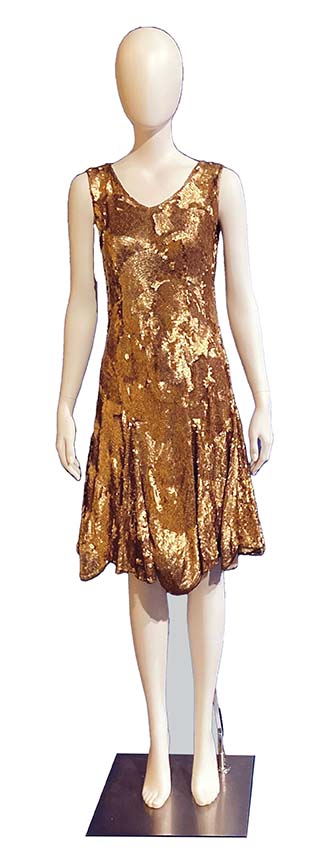
Sponsored content
The Kansas City Museum’s collections of historical materials are an important means of advancing the Museum’s mission and serving the public.
Collections are held in trust for the public and made accessible for its benefit. Best practices involve the creation of policies that govern the care and management of the collections, including legal, social, and ethical obligations.
Containing more than 100,000 objects, the historical artifacts and archives of the Kansas City Museum collections represent our shared history by offering a rich sampling of Kansas City’s local and regional history while representing the daily lives of past generations, from the everyday to the extravagant. The Kansas City Museum collections are co-owned by the Kansas City Museum Foundation and Union Station, and managed, cared for, and maintained by professional staff of the Kansas City Museum.
The objects in the Museum’s collections are cultural heritage materials representing the tangible and intangible. Museums collect objects not just for display in exhibits, but also for educational and research purposes. Museums are in the “forever business,” aiming to collect, manage, store, care for, curate, display, and preserve objects, materials, and archives into perpetuity.
A priority of the Kansas City Museum is to make its historical objects accessible to a broad public. One way to achieve that is by loaning objects to other museums for display. In fact, more than ten garments from the Kansas City Museum’s Clothing and Textiles Collection are part of the Nelson-Atkins Museum of Art traveling exhibition entitled American Art Deco: Designing for the People, 1918-1939.
This exhibit opens at The Nelson-Atkins Museum of Art on July 9, 2022. Another way to make objects accessible is by digitizing the collections and creating an online research database, which the Kansas City Museum aims to launch in 2023.
To learn more about the Kansas City Museum collection visit
kansascitymuseum.org/collections/.



















